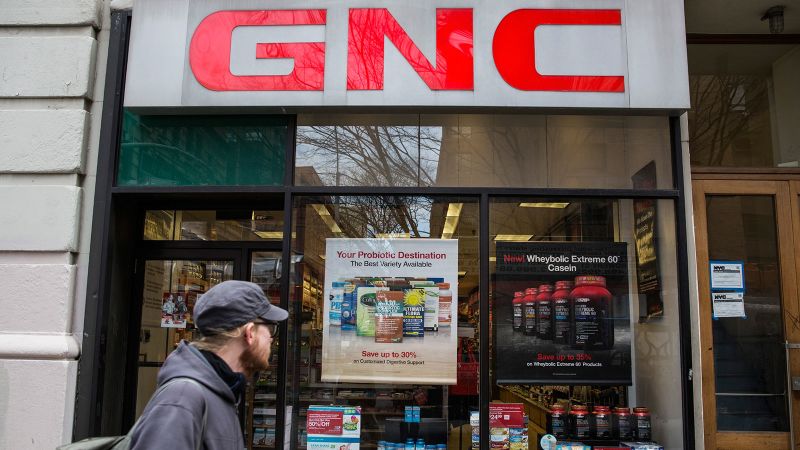GNC, the struggling vitamin and dietary supplement chain, is implementing a new strategy to target customers taking GLP-1 drugs for weight loss. This includes adding a dedicated section in their stores with products tailored to those managing GLP-1 medications, as well as training employees on common side effects of these drugs. The brand is positioning itself as a retailer that can support people dealing with issues related to GLP-1s, such as muscle loss and gastrointestinal problems. Other gyms, food manufacturers, and retailers are also adjusting their strategies to cater to this growing market of GLP-1 users.
The rise of GLP-1 medications, such as Ozempic and Wegovy, has been a lucrative business for pharmaceutical companies like Novo Nordisk. Large pharmaceutical companies like Pfizer and Roche are also rushing to release their own versions of these hit drugs. US health care providers have been prescribing millions of these injectable drugs for weight loss, with estimates suggesting that around 30 million people may be taking GLP-1 drugs by 2030. GNC, which filed for bankruptcy in 2020 and closed over 1,200 stores, is now joining other brands in building a strategy tailored to people taking GLP-1s.
WeightWatchers, for example, has launched a new membership plan that gives members access to doctors who can prescribe these medications. They have also made a significant investment in acquiring a telehealth business that offers virtual prescriptions for weight loss drugs. Additionally, gyms like Life Time and Equinox are adjusting their strategies to cater to members taking GLP-1s for weight loss. Luxury gyms are acquiring weight loss clinics with doctors who can prescribe these medications, while Equinox introduced a personal training program specifically for members on GLP-1s.
Food companies are also preparing for changes in consumer behavior as more people taking GLP-1 medications opt for healthier options. Reports have shown that current GLP-1 users purchase around 8% less food, including sugary snacks, soft drinks, and high-carb products, compared to those not on these drugs. Nestlé, a food giant, is planning to invest more in nutritious products that provide benefits to people on GLP-1 treatments, such as their Opifast high-protein shakes. This shift in consumer behavior is prompting food manufacturers to adapt their product offerings to meet the needs of this growing market segment.
Overall, the rise of GLP-1 drugs for weight loss has created new opportunities and challenges for various industries. Brands like GNC are revamping their strategies to cater to customers managing these medications, while pharmaceutical companies are benefiting from the increased demand for these drugs. From gyms to food manufacturers, businesses across different sectors are adjusting their offerings to meet the needs of the growing number of people taking GLP-1 medications. As this trend continues to grow, it will be interesting to see how other industries adapt to this changing landscape in the health and wellness market.


